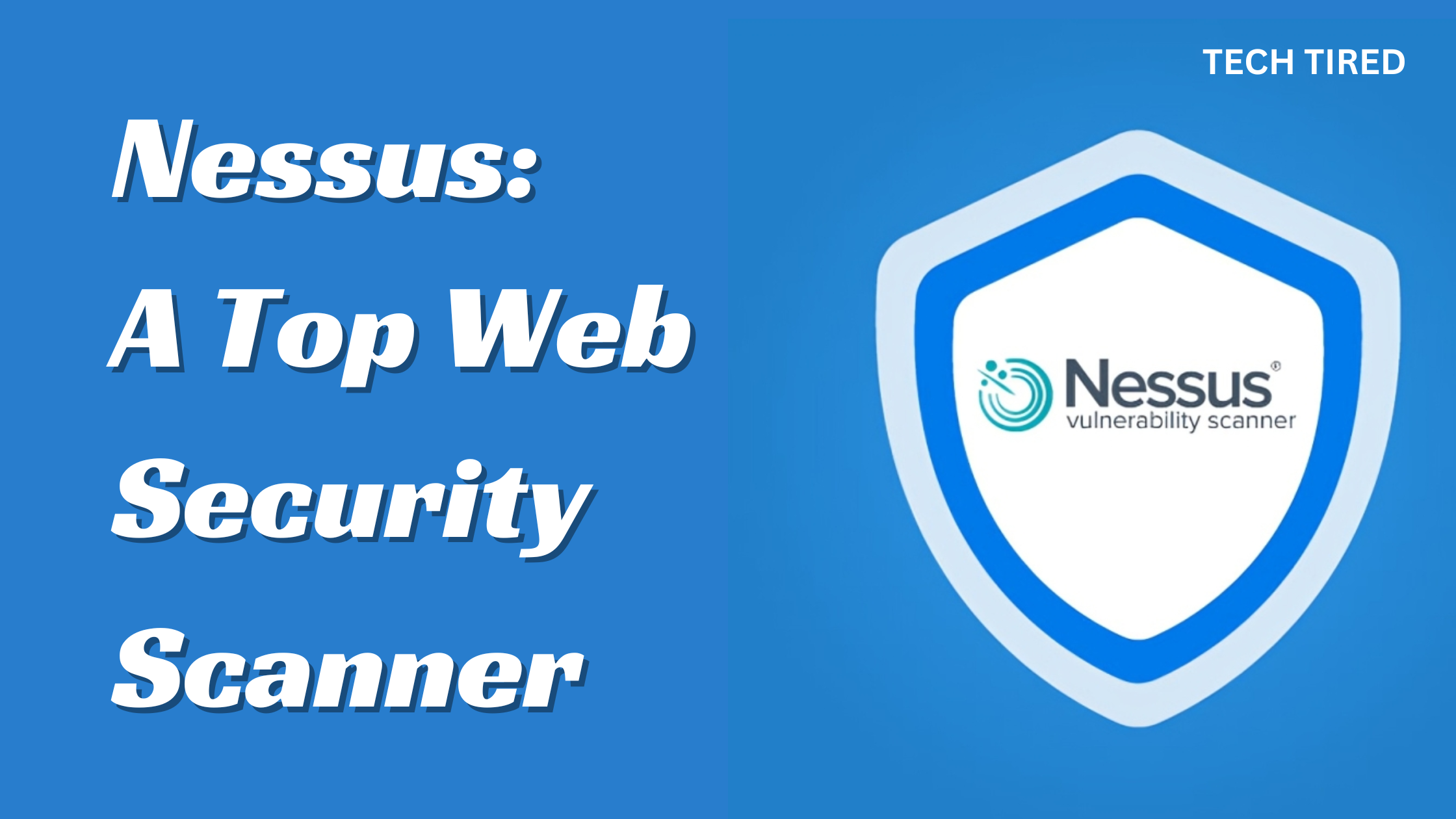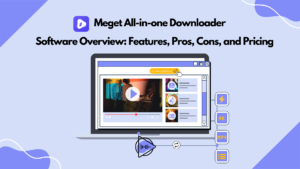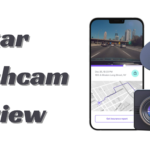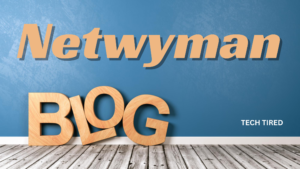Stay Safe Online with Nessus: A Top Web Security Scanner
- 1 The Origin Of Nessus
- 2 Nessus and Tenable: Key Facts You Need to Know
- 3 Prices and Plans for Nessus
- 4 Comprehensive Features and Limitless Potential in Web Security
- 5 User-Friendly Security Scanning for Everyone
- 6 Client Support
- 7 How Nessus Works?
- 8 Real-Time Reviews Of Nessus
- 8.1 Héctor Joel (Information Technology and Services, 11-50 employees)
- 8.2 Carol (Chemicals, 10,000+ employees)
- 9 Pros and Cons Of Nessus
- 10 Rivals of Nessus
- 10.1 1. OpenVAS
- 10.2 2. Probely
- 10.3 3. Vega
- 11 Verdict
Nessus is a complete vulnerability assessment tool that uses thorough scans and customizable reports to help businesses find and deal with security risks.
You can safely deal with various online threats using one of the best vulnerability scanners, Nessus. One thing that makes Nessus stand out is that it’s free to use. It also offers a full vulnerability scanner. Nessus makes it an excellent choice for people and small companies that want to improve their security without spending much money.
The Origin Of Nessus

Initiated by Tenable co-founder Renaud Deraison, a cybersecurity specialist, Nessus started its path in 1998 as part of the Nessus Project. The effort sought a free, remote security scanner for the online community. This program became well-known among cybersecurity experts quite fast. However, in 2005, Nessus moved from free, open-source software to a proprietary, closed-source solution. Despite this change, Tenable has kept providing Nessus with free and premium options to maintain its competitive edge in the market.
Nessus and Tenable: Key Facts You Need to Know
Tenable is a notable cybersecurity firm headquartered in Columbia, Maryland, USA. Tenable has become a leader in the market since more than 40,000 companies all over depend on its security solutions. Though not wildly original, their official website has a clear design and simple navigation, facilitating user experience. It also has an active blog, routinely changed with fresh material to keep people updated. Those wishing to remain in touch with Tenable can follow on Facebook, Twitter, LinkedIn, and YouTube.
Prices and Plans for Nessus
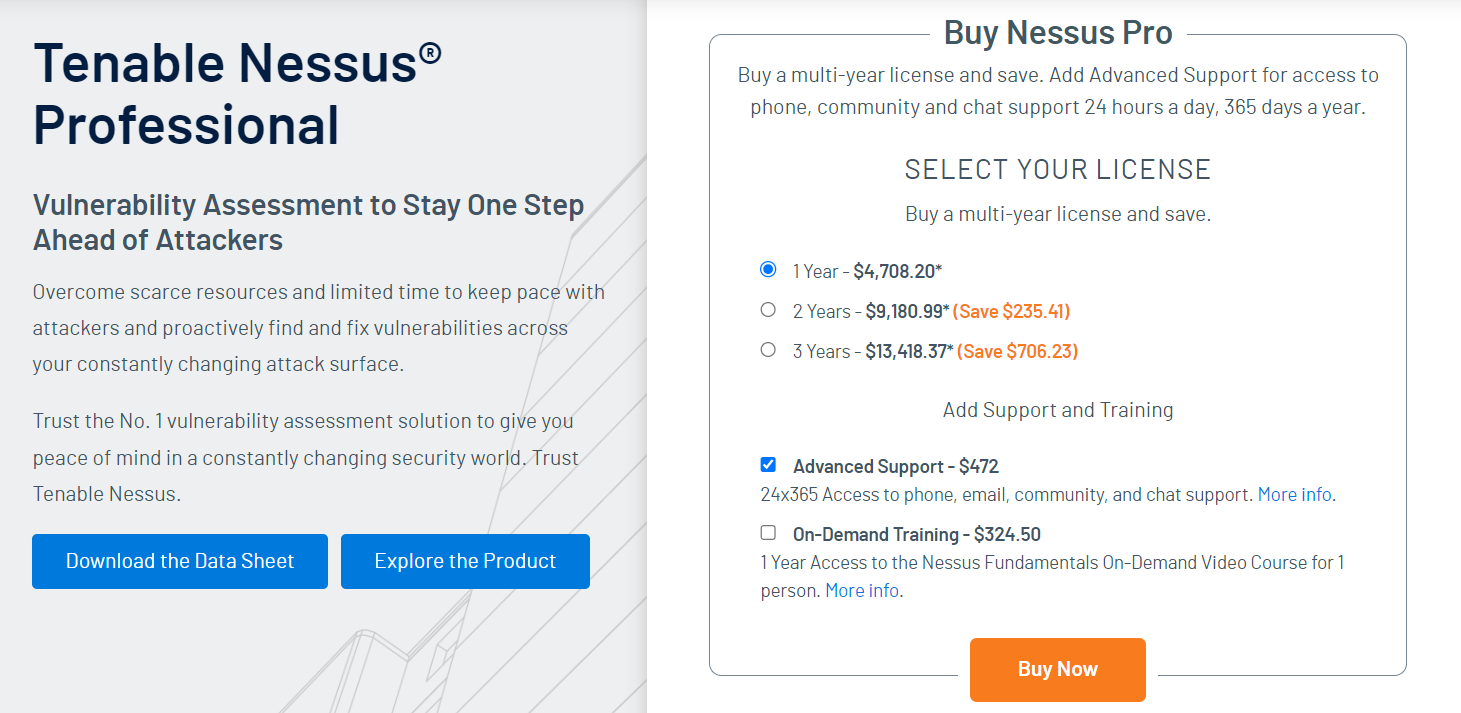
To meet various user needs, the Nessus vulnerability scanner provides three editions:
Previously called “Nessus Home,” this issue is free. It is a perfect starting point for cybersecurity since it offers the necessary tools for novices and students.
- Professional Nessus: Designed for professional customers that need sophisticated capabilities, this edition, priced at €3,875.71 ($3,795) annually, Users pick between annual, biannual, or triennial billing cycles; longer memberships save more.
- Costing: €8,563.14 ($8,391), the most complete edition is Nessus Expert. Though these add-ons are more expensive, they comprise enterprise-level security solutions with extra capabilities, including sophisticated support and on-demand training.
Tenable lets users try the features of their paid plans for a free trial lasting seven days, enabling financial commitment free from influence. Among the payment options are main credit and debit cards, PayPal, Google Pay, Amazon Pay, Apple Pay, and Shop Pay.
Comprehensive Features and Limitless Potential in Web Security
Operating systems ranging from Windows (versions 7, 8, and 10) to SOSE Linux, Ubuntu, Debian/Kali Linux, Fedora, FreeBSD, macOS X, Red Hat/Centos/Oracle Linux, and Windows Server (2008 and 2012) fit Nessus. On both 32-bit and 64-bit computers, the program operates perfectly to guarantee extensive usability.
The basic functionality of the free “Nessus Essentials” edition includes asset discovery scanning limited to 16 IPs for vulnerability assessment. This edition is designed for personal use only and lacks sophisticated features like scan scheduling capabilities and compliance/audit check tools. However, it offers a great beginning point for students and newbies to networking technology since it opens a portal into the Tenable ecosystem.
Paid plans provide help from the Nessus community, unlimited IT assessments, configuration assessments, and customizable real-time reports. Features such as external attack surface scanning, domain addition capability, scan cloud infrastructure, and 500 pre-built scanning policies also abound in the “Nessus Expert” edition.
User-Friendly Security Scanning for Everyone
Starting with the Nessus vulnerability scanner is not tricky. Select a plan, provide your details, and get an email with a one-time activation code. Download and install Nessus on your selected operating system using the detailed instructions offered.
Nessus’s user interface is remarkably straightforward and inviting. Navigate to the “Scans” part of the main menu, select “New Scan,” pick a scan template with pre-configured settings, and click “Launch.” Customizable viewing choices and colour-coded markers help to interpret scan data.
Scanning targets, found vulnerabilities arranged by severity, remedial details, extra scan data, and a list of scans arranged by start time, end time, and status are viewable to users. Thanks to the thorough manuals and simple-to-use design, the free edition has a generally good user experience, even if it might have certain speed restrictions.
Client Support
Tenable provides phone, live chat, email, and community forum-based customer service around the clock. Users of the free edition may thus have slower response times of up to 24 hours and lack phone or email assistance. Tenable offers thorough self-help alternatives, including a detailed FAQ section, how-to manuals, a resource library, and documentation pages for individuals wanting to handle problems alone. Additionally, a great source of advice and troubleshooting is the Nessus community.
How Nessus Works?
Nessus thoroughly scans an entire IT system to find holes and weak spots. Here’s a quick rundown of what it can do:
- Types of Scans: Nessus has different types of scans, such as vulnerability scans, compliance checks, and configuration evaluations. TechRadar says users can choose from scan files already set up or make their own that fit their needs.
- Deployment: Nessus can be used with many different operating systems, such as Windows, macOS, and several different versions of Linux. To set up the software, you have to choose the correct version, install it, and then use a registration code Tenable gives you to make it work.
- Scanning Process: To do a scan, users go to the “Scans” area, click “New Scan,” and pick a template. The scan can be started immediately or set to happen later once it has been set up. The results are shown in an easy-to-understand colour-coded style that indicates the seriousness of the vulnerabilities and details how to fix them.
Real-Time Reviews Of Nessus
Héctor Joel (Information Technology and Services, 11-50 employees)
Rating: 5/5
- Pros: Nessus is praised for its thorough vulnerability scans and easy-to-use graphics interface. It has been easier to find and fix weaknesses with this tool.
- Cons: None were mentioned; overall, it was a good experience.
Carol (Chemicals, 10,000+ employees)
Rating: 4/ 5
- Pros: It works well to check for vulnerabilities, is easy to set up, sends alerts quickly, and updates often.
- Cons: It gives some false results and costs a lot for extra features.
Pros and Cons Of Nessus
| Pros | Cons |
| Comprehensive | Expensive |
| User-friendly | False Positives |
| Detailed | |
| Customizable | |
| Reliable | – |
Rivals of Nessus
When seeking alternatives to Nessus, a popular vulnerability assessment tool, several options cater to various needs and budgets. Here’s a detailed look at three notable rivals: OpenVAS, Probely, and Vega.
1. OpenVAS
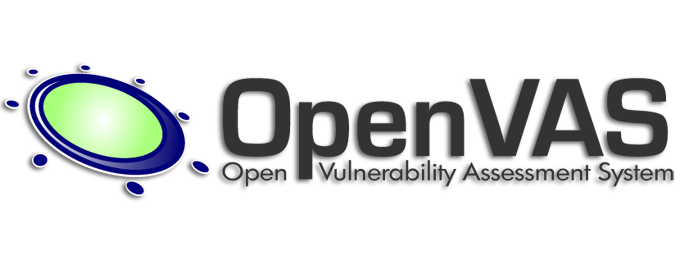
Overview: OpenVAS (Open Vulnerability Assessment System) is an accessible and cost-effective alternative to Nessus. As an open-source vulnerability scanner, OpenVAS is part of the Greenbone Vulnerability Management (GVM) solution.
Key Features:
- Free and Open-Source: Completely free, making it ideal for organizations with budget constraints.
- Comprehensive Scanning: Provides detailed vulnerability assessments for network devices and servers, including checks for known vulnerabilities, misconfigurations, and outdated software.
- Community Support: Backed by a strong community, offering regular updates and support through forums and mailing lists.
- Extensive Plugin Library: Includes thousands of regularly updated vulnerability tests (VTs).
Limitations:
- UsabiPluginThe setup and configuration can be more complex than those of commercial alternatives.
- Documentation: The polished and extensive documentation in paid solutions may be lacking.
Best Suited For:
- Organizations and individuals need a robust, cost-free tool for vulnerability scanning.
- Users are willing to invest time in learning and configuring the tool.
2. Probely

Overview: Probely is a cloud-based vulnerability scanner focusing on ease of use and business needs. It’s particularly appealing to small and medium-sized enterprises (SMEs) looking for an efficient yet cost-effective solution.
Key Features:
- Business-Oriented Packages: Offers a range of pricing plans, including a “Pro” package that balances cost and features, making it an affordable option compared to Nessus.
- Integration-Friendly: Easily integrates with CI/CD pipelines, making it suitable for DevSecOps environments.
- User-Friendly Interface: Simplifies vulnerability management with a clean and intuitive user interface.
- Automated Scanning: Provides automated web application scanning and clear guidance on remediation steps.
Limitations:
- Scope: Primarily focuses on web application scanning, which might not cover all network vulnerabilities.
- Feature Set: It may lack advanced features and depth offered by more established tools like Nessus.
Best Suited For:
- Businesses are seeking a straightforward, cloud-based vulnerability scanner focusing on web applications.
- Users are looking for a tool that integrates seamlessly into their development workflows.
3. Vega
Overview: Vega is a free and open-source web application scanner known for its extensibility and flexibility. It caters to technically proficient users who need a customizable tool for web security assessments.
Key Features:
- Free and Open-Source: No cost involved, making it an attractive option for budget-conscious users.
- Extensibility: Allows users to write custom scripts and extend functionality using JavaScript, providing flexibility for unique scanning requirements.
- Comprehensive Web Scanning: Can detect various web vulnerabilities such as SQL injection, cross-site scripting (XSS), and more.
- Graphical User Interface: Offers a user-friendly GUI for easy navigation and use.
Limitations:
- Complexity: Requires technical expertise to leverage its scripting and customization capabilities fully.
- Limited Network Scanning: Primarily focused on web applications, not designed for comprehensive network vulnerability assessments.
Best Suited For:
- Tech-savvy users and developers who need a versatile tool for web security testing.
- Individuals or small teams are looking for a free scanner that can be customized to meet specific needs.
Verdict
Though not the most often used security scanner, Nessus is a strong competitor in the cybersecurity field. Its developer community has produced several plug-ins, risk-based vulnerability prioritizing, adjustable real-time reporting, an easy-to-use interface, and an extensive range of scans. Nessus offers a strategy to fit your demands and keep you secure online regardless of your experience level—beginner, professional, or corporate user.
FAQs
For what purposes is Nessus used?
Vulnerability assessment makes use of nessus to enable companies to find and fix security flaws in their IT systems.
Does a free edition of Nessus?
The free edition, A: Nessus Essentials, provides restricted basic vulnerability assessment capabilities spanning just 16 IP addresses. For small-scale use and students in particular, it’s perfect.
What is the Frequency of Nessus updates?
Nessus routinely changes its vulnerability database to guarantee users are shielded against the most recent security risks.
What distinguishes Professional, Expert, and Essentials from one another primarily?
While Nessus Professional and Expert provide more thorough scanning capabilities including compliance checks, scan scheduling, and support for bigger networks, A: Nessus Essentials is free and restricted in features. Among other things, Nessus Expert offers cloud infrastructure evaluations and external attack surface detection.

